Types of Seashells
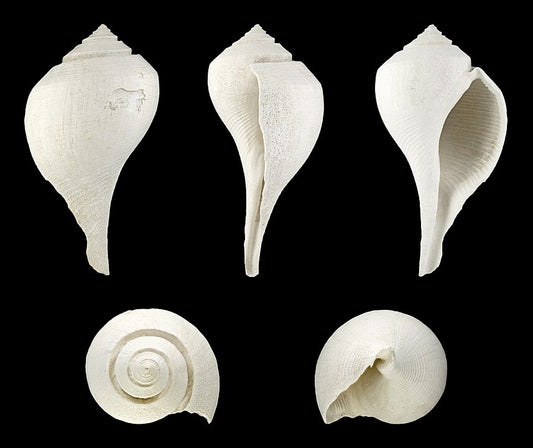
Pear Whelk (Busycotypus spiratus): An Overview ...
The Pear Whelk, scientifically known as Busycotypus spiratus, is a fascinating marine snail that calls the Gulf of Mexico home. This species is known for its distinctive shell shape and important...
Pear Whelk (Busycotypus spiratus): An Overview ...
The Pear Whelk, scientifically known as Busycotypus spiratus, is a fascinating marine snail that calls the Gulf of Mexico home. This species is known for its distinctive shell shape and important...
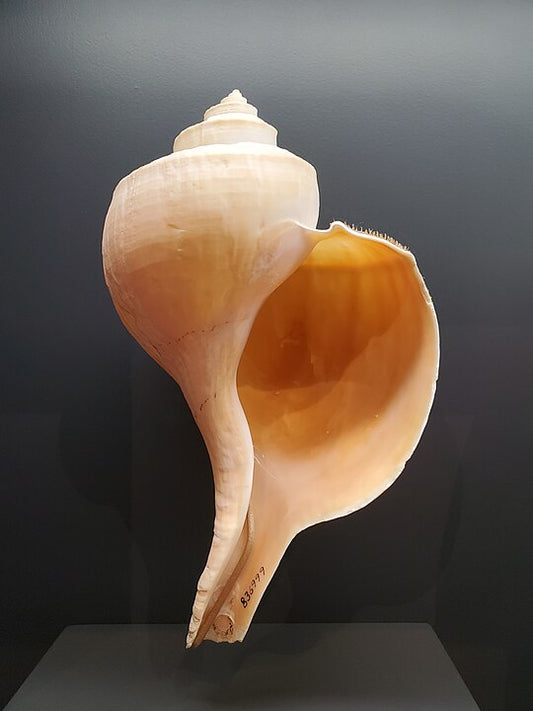
Channeled Whelk (Busycotypus canaliculatus): In...
The channeled whelk, scientifically known as Busycotypus canaliculatus, is a fascinating marine creature found along the eastern coast of North America. This large predatory snail not only plays a vital role in...
Channeled Whelk (Busycotypus canaliculatus): In...
The channeled whelk, scientifically known as Busycotypus canaliculatus, is a fascinating marine creature found along the eastern coast of North America. This large predatory snail not only plays a vital role in...

Lightning Whelk (Busycon sinistrum): Understand...
The lightning whelk, known scientifically as Busycon sinistrum, is a striking sea snail with a unique left-handed shell. This fascinating marine creature plays a crucial role in its ecosystem as a...
Lightning Whelk (Busycon sinistrum): Understand...
The lightning whelk, known scientifically as Busycon sinistrum, is a striking sea snail with a unique left-handed shell. This fascinating marine creature plays a crucial role in its ecosystem as a...
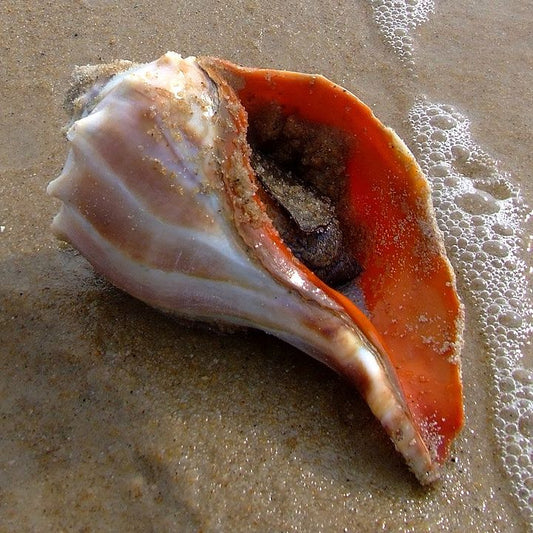
Knobbed Whelk (Busycon carica): A Comprehensive...
The knobbed whelk, known scientifically as Busycon carica, is a fascinating sea snail found along the Atlantic coast. This large predatory snail stands out due to its distinct spiral shell,...
Knobbed Whelk (Busycon carica): A Comprehensive...
The knobbed whelk, known scientifically as Busycon carica, is a fascinating sea snail found along the Atlantic coast. This large predatory snail stands out due to its distinct spiral shell,...
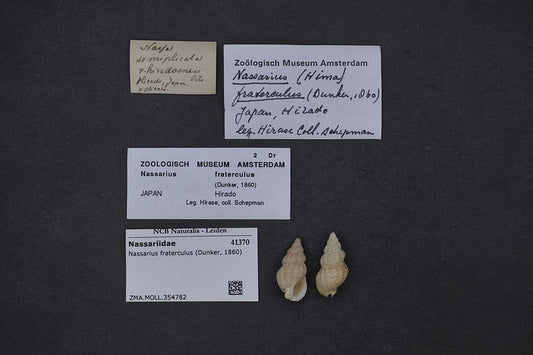
Frilled Dog Whelk (Nassarius fraterculus): Insi...
The Frilled Dog Whelk, scientifically known as Nassarius fraterculus, is a small but fascinating marine snail found primarily in the waters off China, Korea, and Japan. This species is notable for...
Frilled Dog Whelk (Nassarius fraterculus): Insi...
The Frilled Dog Whelk, scientifically known as Nassarius fraterculus, is a small but fascinating marine snail found primarily in the waters off China, Korea, and Japan. This species is notable for...
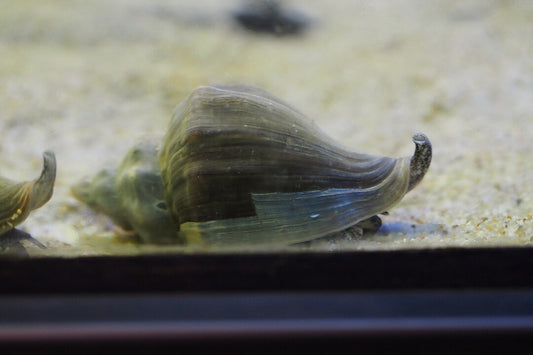
Japanese Whelk (Neptunea arthritica): An Overvi...
The Japanese Whelk, known scientifically as Neptunea arthritica, is a fascinating marine creature that captures the interest of many. This species is not only a key part of its habitat in...
Japanese Whelk (Neptunea arthritica): An Overvi...
The Japanese Whelk, known scientifically as Neptunea arthritica, is a fascinating marine creature that captures the interest of many. This species is not only a key part of its habitat in...